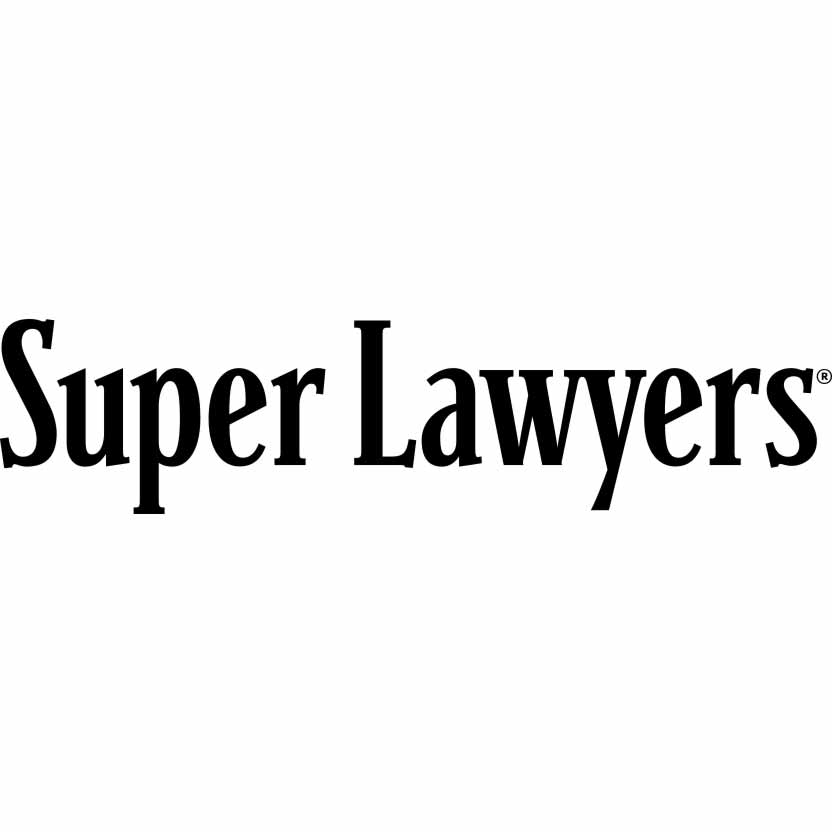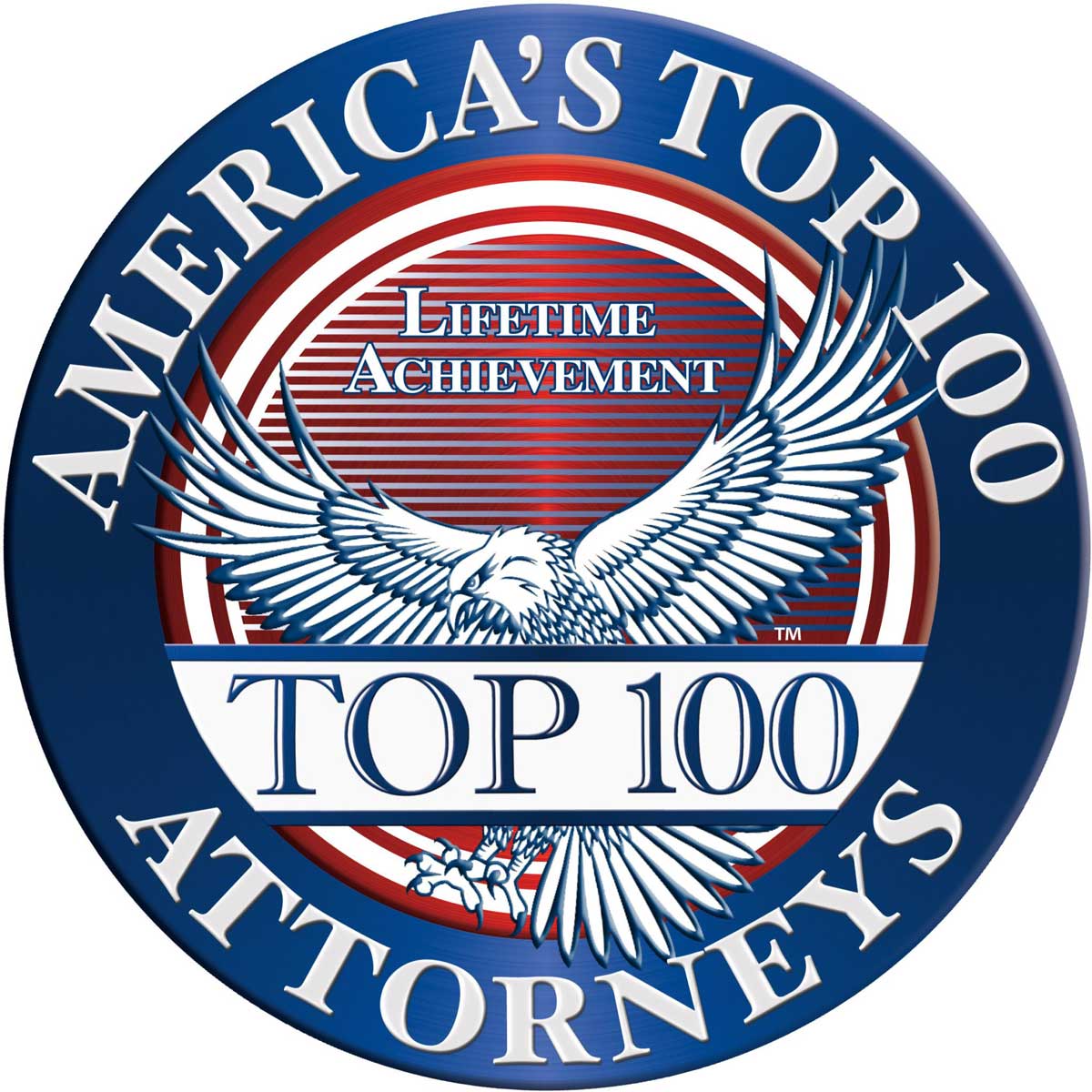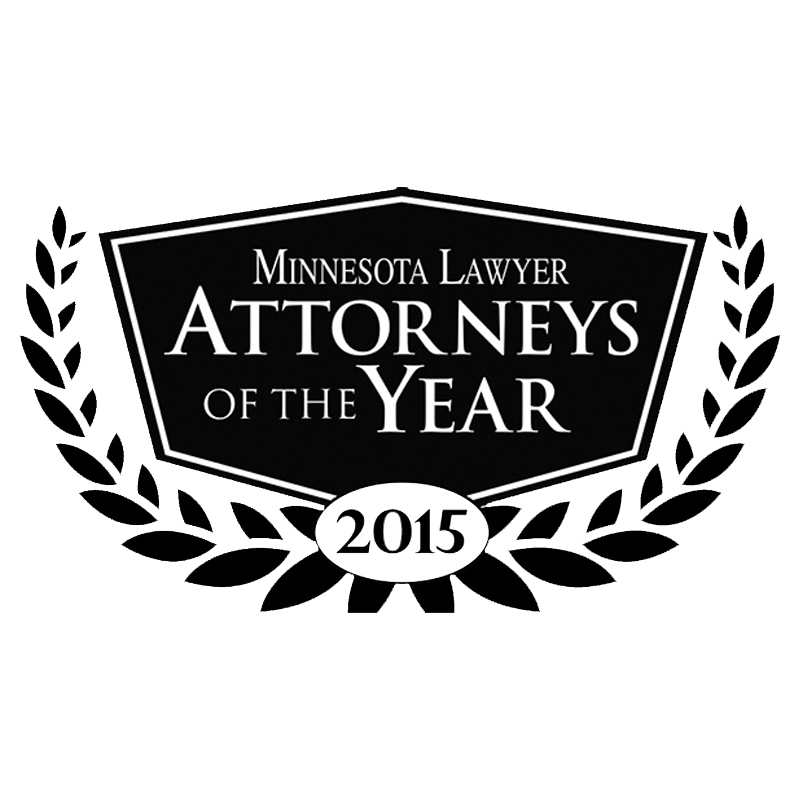What is Legionnaires’ disease and how do people get it?
Legionnaires’ disease is a severe type of pneumonia caused by Legionella bacteria. People get it by inhaling water droplets (mist or vapor) that are contaminated with Legionella. It’s not from contagious person-to-person contact. Common sources include things like building cooling towers, showers, hot tubs, fountains, or any water system that isn’t properly maintained. When those water sources have Legionella and create an aerosol (tiny droplets), people can breathe it in and potentially develop Legionnaires’ disease. High-risk environments have warm water and stagnation – for example: hot tubs, building and hospital plumbing, or large rooftop HVAC systems.
How do I know if I have a legal case for Legionnaires’ disease?
If you contracted Legionnaires’ disease and there’s reason to believe it was due to a specific location or outbreak, you might have a legal case. Key signs include: you were diagnosed by a doctor (confirmed Legionella infection) and you had visited a place with a known outbreak or conditions prone to Legionella in the 2-10 days before illness. For instance, if several people got sick after staying at the same hotel or if the health department traced your illness to your apartment complex’s water system, those are strong indicators. Even if it’s not publicly known, you may suspect a place (e.g., you were healthy, then after a spa visit you fell ill). Generally, you have a case if negligence was involved – meaning the property owner or manager failed to maintain safe water (no water treatment plan, poor maintenance, etc.), leading to your exposure. The best way to know is to consult an experienced Legionnaires’ disease attorney. In a free consultation, we can evaluate the circumstances (including any outbreak evidence) and tell you if pursuing a claim is viable.
Who can be sued for causing a Legionnaires’ disease outbreak?
The lawsuit targets will depend on where you were exposed. Common defendants include:
- Hotel or resort owners, if you got sick during a stay;
- Hospital or nursing home operators, if it was a healthcare facility;
- Building owners, if it was caused by a contaminated water system or cooling tower; and sometimes
- Maintenance companies or water treatment contractors that were responsible for the safety of the water system.
Essentially, any party that had a duty to keep the water safe and failed to do so can be sued – this could be a landlord (for an apartment complex), a hotel owner (for a hotel hot tub exposures), or even a manufacturer in rare cases (if a product defect led to Legionella growth). Our investigation will identify all the responsible parties. Sometimes we are able to sue multiple parties to ensure the one with fault and insurance pays.
What compensation can I receive from a Legionnaires’ disease lawsuit?
You can claim a variety of damages to cover both your financial losses and your pain. This includes:
- Medical expenses: hospital bills, doctor visits, medication, rehab, any future medical care related to the illness.
- Lost income: wages lost while you were sick and recovering, and even future earning capacity if the illness left you with long-term limitations.
- Pain and suffering: monetary compensation for the physical pain, discomfort, and emotional distress you experienced. Legionnaires’ is often quite traumatic (intensive care, difficulty breathing, etc.), which is taken into account.
- Other costs: travel expenses for treatment, help at home if you needed caregivers during recovery, etc.
- Wrongful death damages: If a loved one passed away, a family can claim funeral costs, loss of financial support, and loss of companionship.
Each case is unique; some settlements have been in the hundreds of thousands or even millions, particularly if the illness was severe. Our goal is to maximize your compensation so you are duly compensated for your ordeal. We can give you an estimate range once we know details.
How long do I have to file a Legionnaires’ disease lawsuit (statute of limitations)?
The time limit, known as the statute of limitations, varies by state. In many states it’s around 2 years from the date of illness or discovery of illness, but it can range from 1 year to 3 years (and in rare cases more, or less if against a government entity with special rules). For wrongful death, it’s often 2 years from the date of death. It’s important not to delay – once the statute of limitations passes, you usually lose the right to sue forever. If you’re unsure, contact us as soon as possible. We can determine the applicable deadline based on where the exposure happened and the relevant state laws. Even if you’re only recently ill, earlier is better for building evidence.
Bottom line: Act quickly to consult an attorney so your window for action doesn’t close.
Do I really need a lawyer who specializes in Legionnaires’ disease?
Legionnaires’ disease cases are complex – they combine elements of personal injury and science. While any licensed attorney could technically file a lawsuit, a lawyer experienced with Legionnaires’ cases will know the nuances: how to trace the source, which experts to hire, what evidence is critical, and the tactics defense lawyers use in these specific cases. We’re familiar with common defenses (like them trying to blame a different exposure or claiming it was an “Act of God”) and how to counter them. We also understand the medical terms and can communicate effectively with the epidemiologists and microbiologists involved. In short, having a team that has successfully handled Legionnaires’ disease lawsuits gives you a significant advantage. Our firm has that track record – we’ve won cases across the nation and know how to navigate the legal and technical challenges. And since we work on contingency, it costs you nothing upfront to have this expertise on your side.
How much does it cost to hire your law firm for a Legionnaires’ case?
$0 upfront. We work on a contingency fee basis. This means you pay nothing out-of-pocket to hire us. Our fee is a percentage of the recovery we obtain for you. If we don’t win or settle the case and recover money for you, you owe us nothing. This arrangement allows you to pursue justice without worrying about legal bills piling up. Our interests align with yours – we only get paid when you do, and the more you get, the more we earn, so we’re motivated to maximize your compensation. During the free consultation, we can discuss the fee structure in detail, but rest assured, there’s no financial risk in working with us.
What should I do if there’s an ongoing Legionnaires’ outbreak that affected me?
If you’re in the midst of an outbreak (say officials just announced multiple cases at a location you were at):
- Get medical care – ensure your health is being addressed.
- Follow health department guidance – they might ask you to take certain steps or answer questions to aid their investigation.
- Document everything – where you were, dates, symptoms, doctor visits, etc. This will help later.
- Contact a lawyer early – even during an outbreak, a lawyer can advise you. We can communicate with health investigators and start gathering evidence before it disappears. We can also handle media inquiries if it’s high-profile, to protect your privacy.
The sooner we get involved, the better we can secure proof of negligence. We can coordinate with other victims as well if appropriate (sometimes a unified legal approach is effective). So even if the outbreak isn’t fully resolved, don’t hesitate to reach out for legal guidance.
Will I have to go to trial or court?
Most Legionnaires’ disease cases are resolved in settlements rather than going all the way to a trial. Our goal is to get you a fair settlement without a protracted court battle, if possible. We build a strong case that often convinces the other side to settle. However, we always prepare as if it will go to trial – that thorough preparation puts us in a powerful negotiating position. If a trial becomes necessary (for example, if the defendant refuses to offer a reasonable settlement), we are fully ready to represent you in court. We’ll advise you on the best course – we will only advocate for a trial if it’s in your best interest. And if it does go to trial, we’ll support you through it. Our attorneys are skilled litigators who have won landmark jury trials. Remember, you as the client have the final say on settling or going to trial; we’ll give you our recommendation, but it’s your decision. Rest assured, whether in settlement talks or in the courtroom, we’ll fight vigorously for you.
What if I contracted Legionnaires’ disease at my workplace?
If your workplace was the source (for instance, your office building’s cooling tower caused an outbreak, or you work in a place like a hospital or spa where you were exposed), you may have both workers’ compensation and third-party claim possibilities. Workers’ comp could cover medical bills and a portion of lost wages without needing to prove fault, but it also typically prevents you from suing your employer directly in many cases. However, you might be able to sue a third party. For example, if the building is owned by a company that’s not your direct employer, or a maintenance company was negligent, those parties could be liable. Each situation is unique: if you’re a worker who got sick, contact us to explore the best route.
How can I prevent Legionnaires’ disease?
For individuals, prevention is tricky because it’s largely in the hands of those maintaining buildings. But some tips:
- Be aware of Legionnaires’ outbreaks in the news; avoid places known to have issues until resolved.
- If you’re immunocompromised or in a high-risk group, be cautious with certain activities – for example, avoid hot tubs unless you are completely sure they are well-maintained and stay away from decorative fountains.
- If you manage a building or are on a housing association board, push for a water management plan to be put in place and make sure it is followed. Regular maintenance and testing are key preventive measures. Ultimately, it’s building owners and employers who need to do most of the preventing. Our firm advocates not just in court but also in awareness – in every case we handle, we stress changes needed to prevent a repeat of negligent actions.
Where can I find more information about Legionnaires’ disease outbreaks and safety:
- We maintain up-to-date news on Legionnaires’ outbreaks and legal action on our Pritzker Hageman Law Firm site.
- Our “Where Does it Come From” page lists common sources and some history.
- Your state or local health department may publish press releases on outbreaks – searching their site for “Legionnaires” can yield info on recent incidents in your area.
- For legal perspectives and news, you can read our up-to-date Legionnaires’ disease news or contact us for help – we stay up-to-date on major outbreaks (like cruise ship events, hotel clusters, etc.). If you have a specific question not covered in this FAQ, feel free to reach out to us directly. We’re happy to provide or find answers, whether or not you need legal representation at this time. Educating the public about Legionnaires’ disease is part of our mission to help prevent future injuries.
We’re here to listen. Tell us what happened to you.
We have obtained 100+ separate verdicts and settlements greater than $1 million:
We obtained this result on behalf of three people sickened in a Legionnaires’ disease outbreak at a resort hotel.
We obtained this settlement on behalf of six people impacted by a Legionnaires’ disease outbreak linked to a hotel hot tub.
Our client contracted Legionnaires’ disease at a hotel and was hospitalized for eight weeks.
We obtained this settlement on behalf of the family of a woman who died after contracting Legionnaires’ Disease.
Our client contracted Legionnaires’ disease at a hotel and was hospitalized for over a month
We obtained this settlement for a woman sickened with Legionnaires’ disease after being exposed in a hotel hot tub.
We obtained this settlement for the family of a 52-year old man who died of Legionnaires’ disease linked to a hotel.
We recovered this settlement for the family of a 50-year old man who died of Legionnaires’ disease after being exposed to legionella bacteria at a hotel.
Collected on behalf of the family of a man who died as a result of Legionnaires’ Disease contracted while staying at a Wisconsin resort.
See more settlements & verdicts.
The Pritzker Hageman law firm and our attorneys have been recognized in:
U.S. News & World Report

Pritzker Hageman has been recognized as one of the best law firms for personal injury litigation by U.S. News & World Report every year the award has been given since 2012.
Super Lawyers®, Thomson Reuters

Attorneys at Pritzker Hageman have been awarded the peer selected Super Lawyers distinction every year since 2004.
America’s Top 100 Attorneys®

Lifetime Achievement selection to America’s Top 100 Attorneys®.
Three Time Attorneys of the Year

Pritzker Hageman lawyers have been named Attorneys Of The Year by Minnesota Lawyer three times.
Additional Information About Legionnaires’ Disease
- Legionnaires’ Disease Frequently Asked Questions (FAQs)
- Where Does Legionnaires’ Disease Come From?
- Legionnaires’ Disease: Symptoms and Diagnosis
- What to do if You Contract Legionnaires’ Disease
- Legionnaires’ Disease: Determining Liability
- Legionnaires’ Disease: Lawsuits and Compensation
- Legionnaires’ Disease: Wrongful Death Cases
- Finding a Legionnaires’ Disease Lawyer
- Filing a Legionnaires’ Disease Lawsuit
- The Importance of Water Management Plans